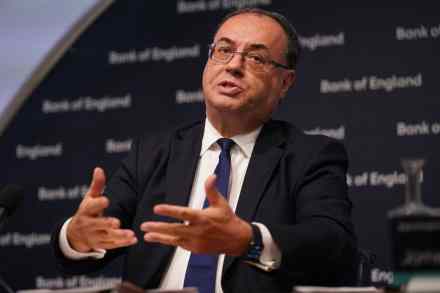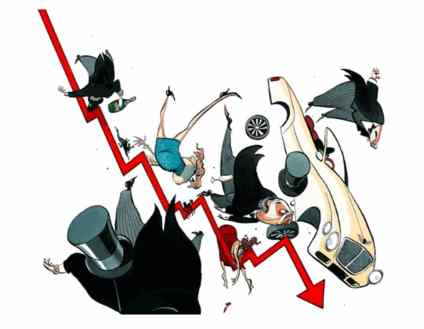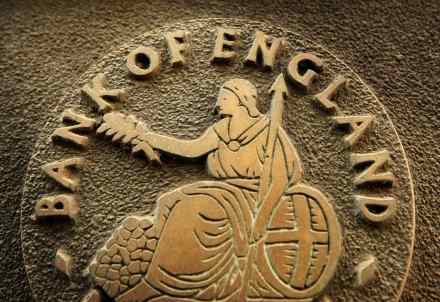The Bank of England’s governor issues a stark warning
Speculation has been growing that the Bank of England might announce an extension of its emergency gilt-buying programme which is set to end on Friday. Despite the Treasury moving forward its ‘medium-term fiscal plan’ announcements from November to the end of this month, gilt yields have been rising yet again this week in the lead-up to the end of the scheme. It seemed likely that the Bank’s gilt-buying programme might be extended for another two weeks as a result, in order to buy time before the Chancellor Kwasi Kwarteng’s announcement on 31 October. But tonight Andrew Bailey put that speculation to bed. Speaking at the Institute of International Finance in Washington DC, the





